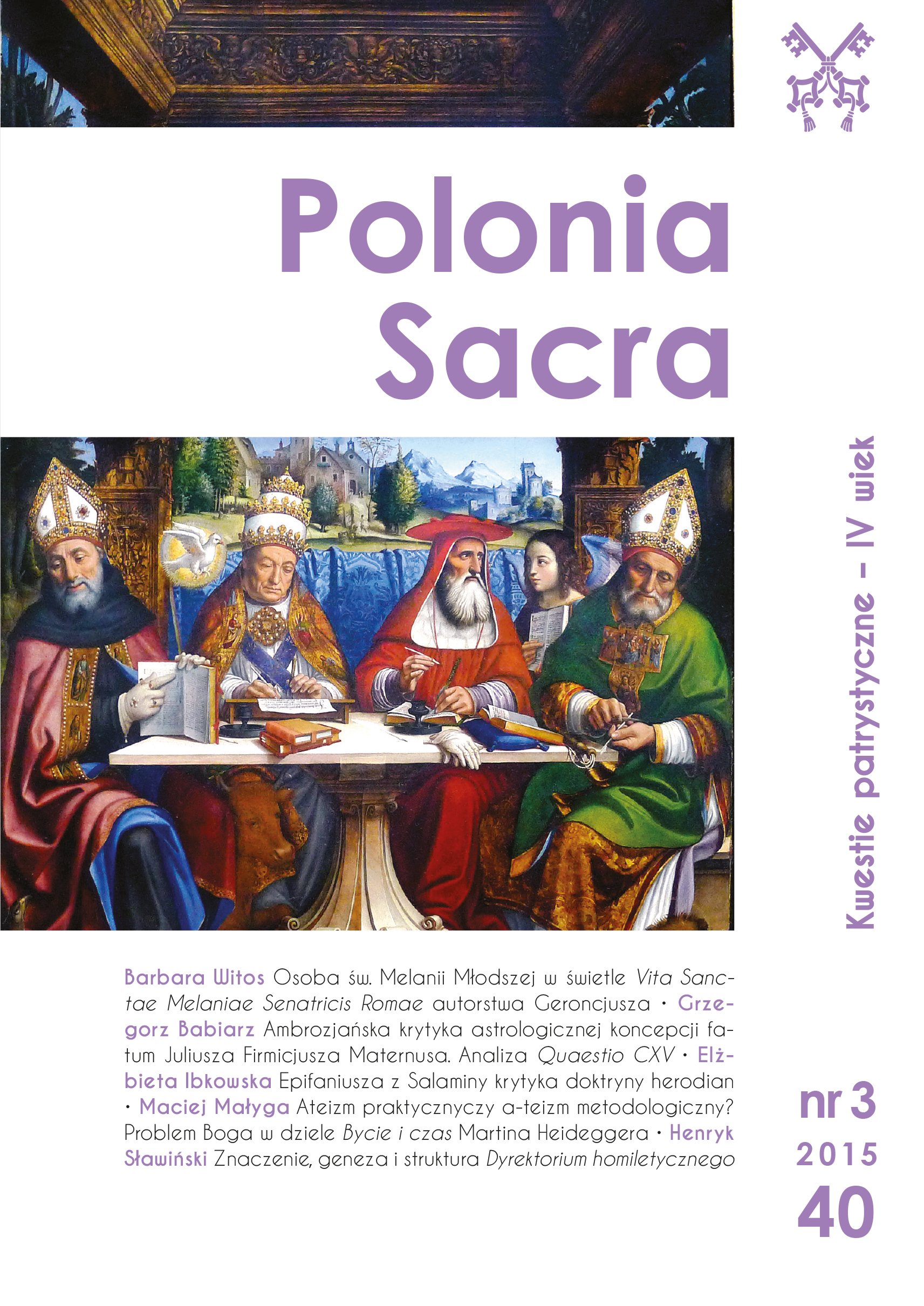Katolicka Agencja Prasowa – utworzenie i działalność pod kierunkiem ks. Józefa Gawliny
Catholic Press Agency – Its Creation and Activity under rev. J. Gawlina
Author(s): Maciej SzczepaniakSubject(s): Christian Theology and Religion, Media studies, Government/Political systems, Politics and religion, Interwar Period (1920 - 1939), History of Communism, Sociology of Religion
Published by: Wydawnictwo Naukowe Uniwersytetu Papieskiego Jana Pawła II w Krakowie
Keywords: press agencies; Polish Press (1927–1928); Polish Catholic Press Agency; card; August Hlond; card; Aleksander Kakowski; rev. Józef Gawlina; Polish Bishop’s Conference;
Summary/Abstract: During the 1920s the first Polish Catholic Press Agency (KAP) was established in Warsaw. The agency was founded in 1927 by Bishop’s Conference of Poland. It had an extended correspondent network in various Polish dioceses and in the world. Obviously, it was impossible for the agency to continue its activity during the time of communist government. There are no monographic academic publications about KAP, thus its history and significance for the Polish culture is hardly known. On the basis of archival material and published dispatches the author of this article describes the creation and activity of KAP during the first two years of its existence under rev. J. Gawlina’s direction. The analysis of sources allows to say that the first Polish Catholic Press Agency owes a lot to rev. J. Gawlina, his diligence and talent. He put KAP on the press market and made it compete with the government agency. It is widely believed that from the beginning the KAP became a modern informative forum about the Church, nonetheless sometimes giving rise to controversy, yet, at the same time, winning recognition. According to the scientific research, KAP was a significant source of information about the Church. Foreign patterns of work, background reports written by professionals, cooperation with international correspondents and agencies, employing correspondents from the local area and offering them professional training, made the activity of the agency very valuable. KAP allowed Polish users to get news from abroad. Thanks to dispatches in both Polish and foreign press, religious life in Poland was mentioned. KAP also had a significant influence on how Poland was perceived both internationally and by the Holy See.
Journal: Polonia Sacra
- Issue Year: 19/2015
- Issue No: 3
- Page Range: 177-198
- Page Count: 22
- Language: Polish

